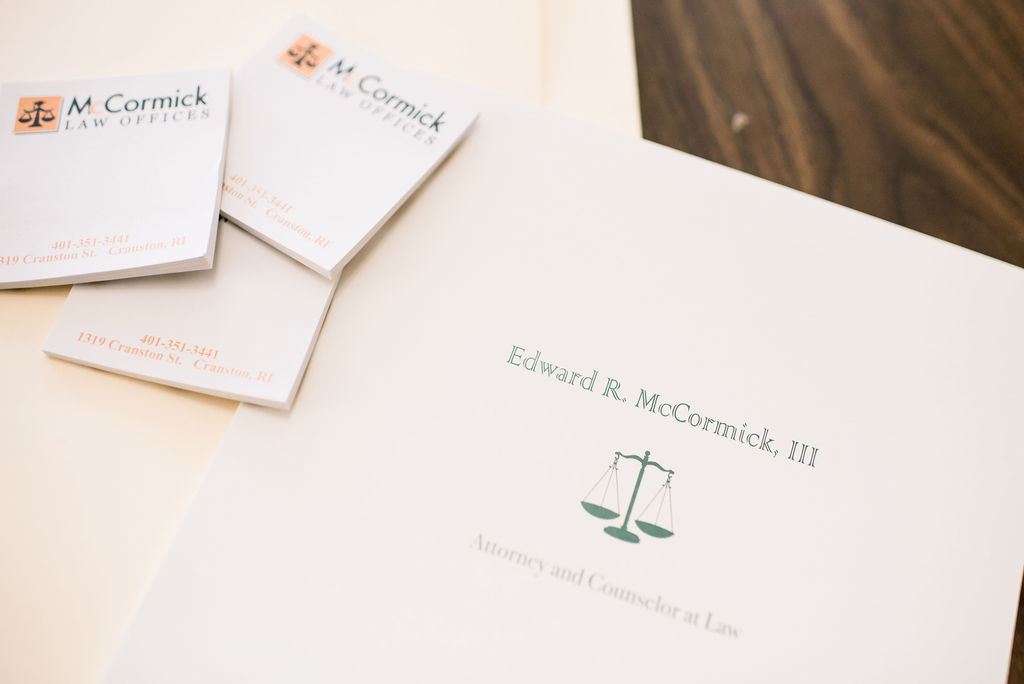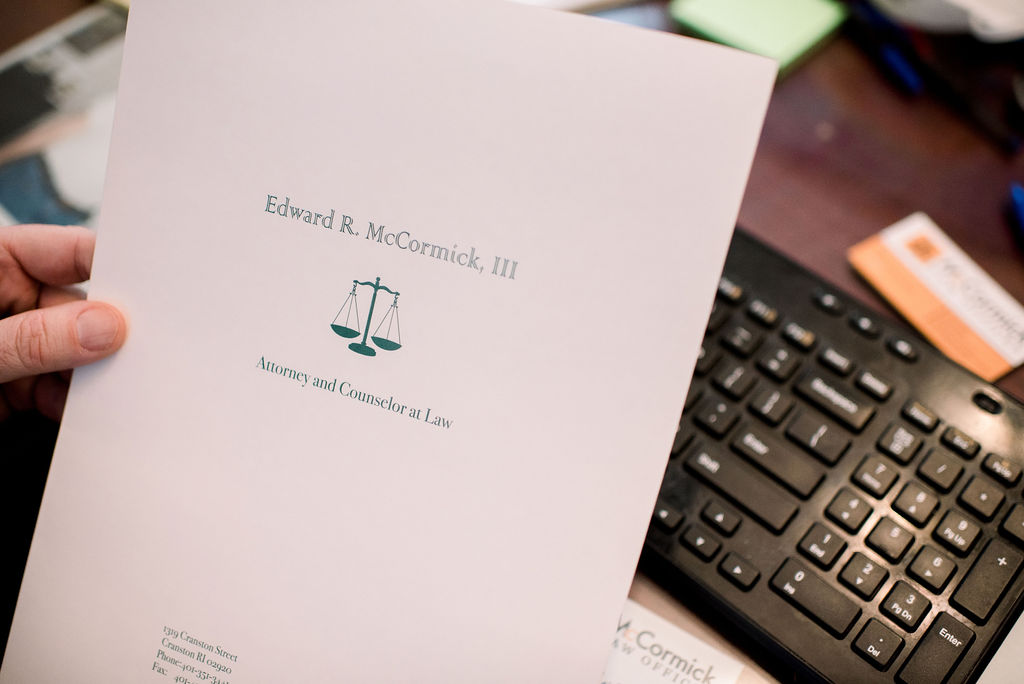Property disputes are among the most emotionally and financially draining legal issues a property owner can face. Whether it’s a boundary disagreement with a neighbor or a co-ownership conflict, these matters can escalate quickly without legal intervention. In Rhode Island, understanding your rights—and the most effective way to resolve a dispute—is critical to protecting your investment.
Common Types of Property Disputes
Several legal conflicts can arise between parties over real estate. The most frequent include:
Boundary Disputes
Disagreements over property lines, especially when fences, driveways, or landscaping encroach on a neighbor’s land.
Easement Conflicts
An easement grants someone else the right to use part of your land (e.g., a shared driveway). Disputes often arise when the terms of that access aren’t clearly understood.
Title Disputes
These involve conflicting ownership claims, liens, or unclear legal descriptions in the deed, often discovered during a sale or refinance.
Land Use and Zoning Violations
Neighbors or municipalities may raise complaints over how your land is being used (e.g., converting a garage into a rental unit without proper permits).
Co-Ownership Conflicts
When multiple parties own a property—such as family members or business partners—disagreements over use, sale, or upkeep can trigger legal battles.
How Property Disputes Are Resolved in Rhode Island
Depending on the nature of the dispute, resolution can involve negotiation, mediation, or court proceedings.
Informal Negotiation
Many disputes can be settled through a formal letter from an attorney asserting your rights and proposing a resolution. This method avoids court costs and preserves neighborly relationships.
Mediation or Arbitration
When negotiation stalls, mediation offers a structured environment for both parties to reach agreement with the help of a neutral third party. This can be faster and less expensive than litigation.
Litigation
If a resolution cannot be reached, your attorney may file a claim in Rhode Island Superior Court. This often applies in cases involving title defects, adverse possession, or enforcement of easement rights.
Why You Need a Real Estate Attorney
Property law is complex—and small mistakes can lead to major consequences. A real estate attorney can:
- Interpret deed language and survey data
- Confirm or contest property boundaries
- Draft legal notices or responses
- Represent you in court or mediation
- Coordinate with surveyors, title companies, and municipal officials
If you’re facing a property dispute, it’s essential to get legal help early—before the issue escalates or affects your ability to sell or refinance the property.
Explore Real Estate Legal Services
Real Rhode Island Examples (Hypothetical)
- Fence on the Wrong Side of the Line: A homeowner installs a fence two feet into the neighbor’s lot. After legal notice and a revised survey, the issue is resolved without court.
- Shared Driveway Access: Two homeowners disagree over who should pay for repairs. The recorded easement is vague, and an attorney helps renegotiate a maintenance agreement.
Related Reading
For additional context on Rhode Island real estate issues:
Final Thoughts
Property disputes don’t just threaten your legal rights—they can also affect your peace of mind, home value, and long-term relationships. Don’t rely on informal agreements or assumptions. Partner with an experienced real estate attorney who can guide you toward a fair and enforceable resolution.
Have a boundary or ownership issue affecting your property?
Contact McCormick Law Offices to discuss your legal options.







